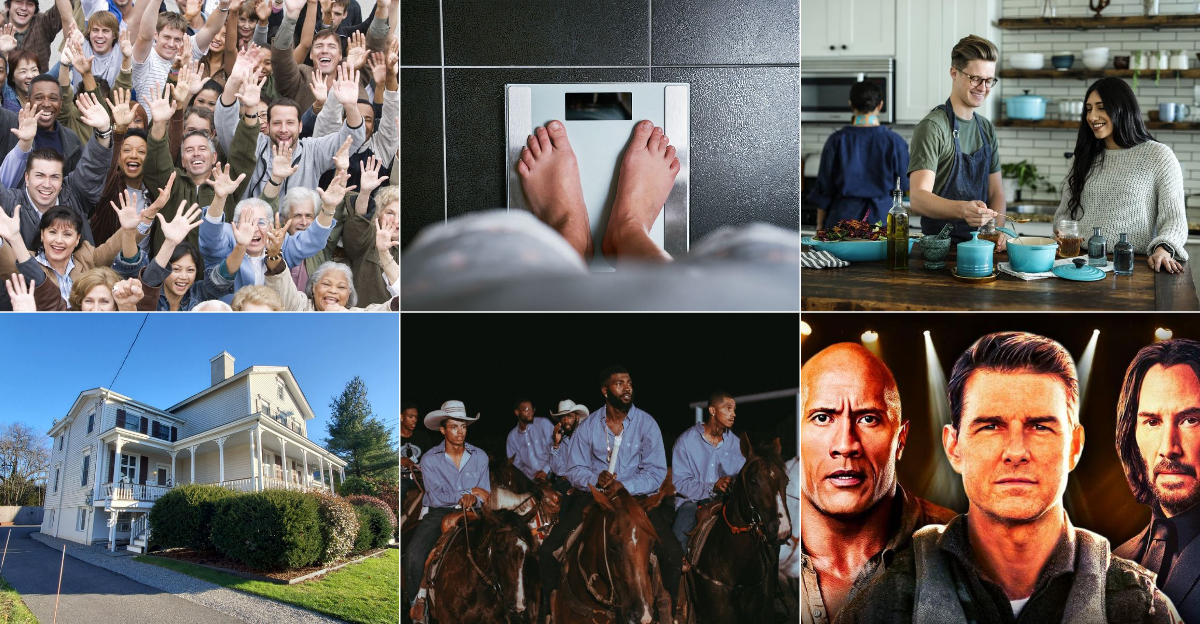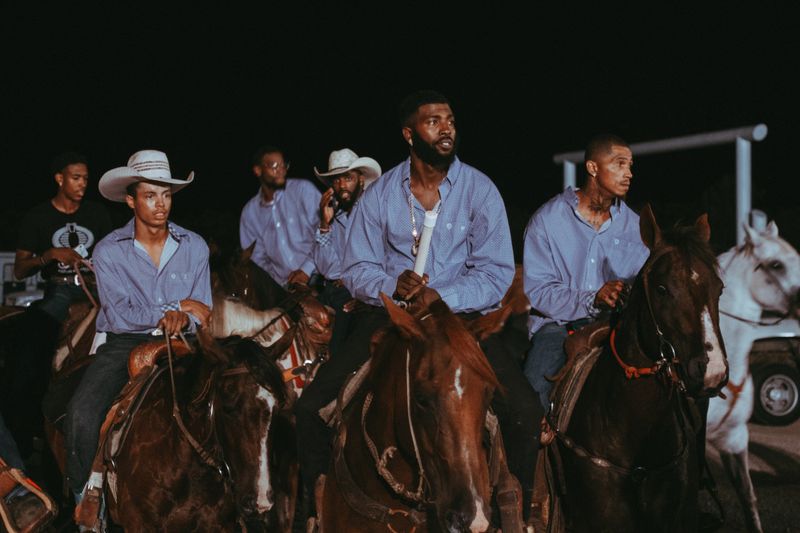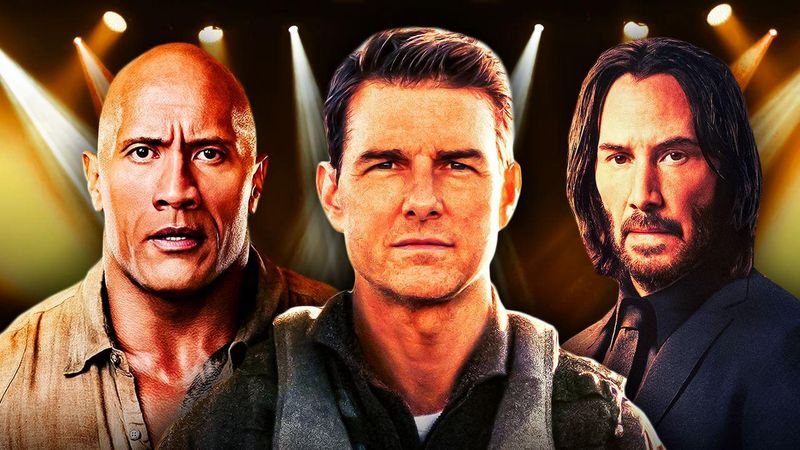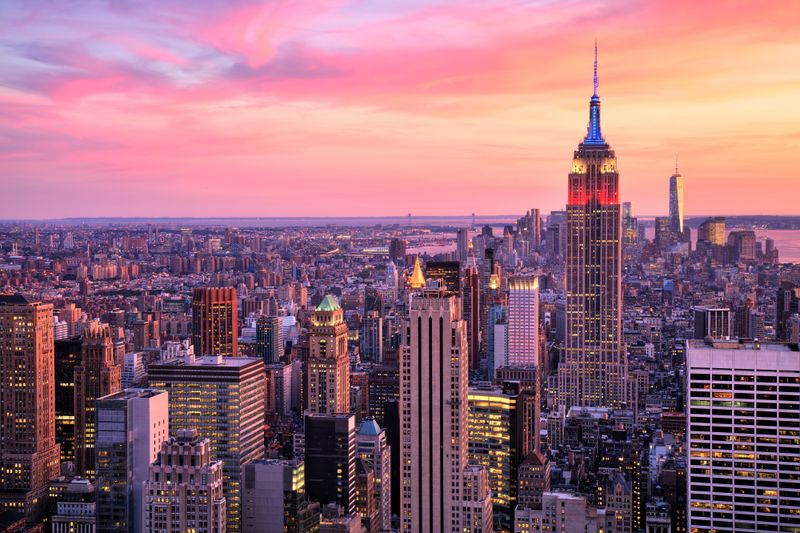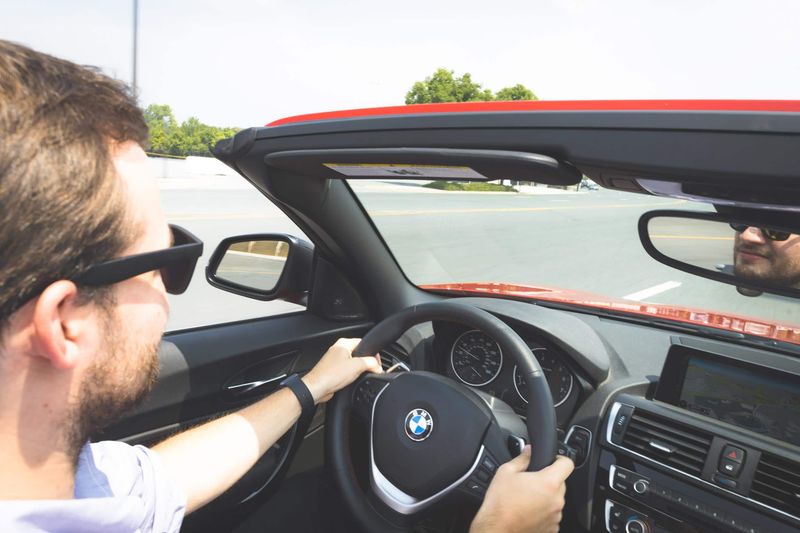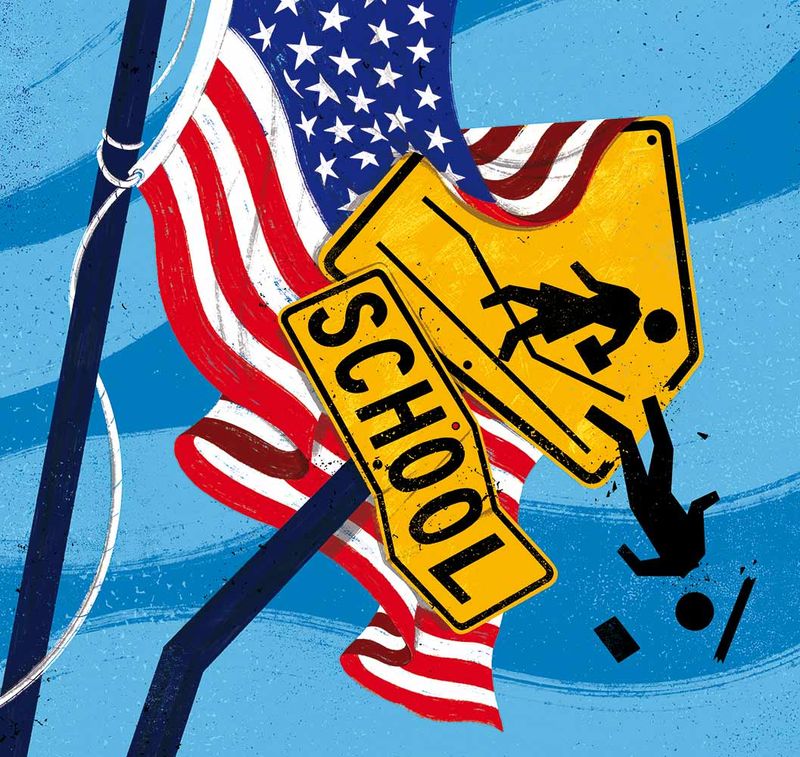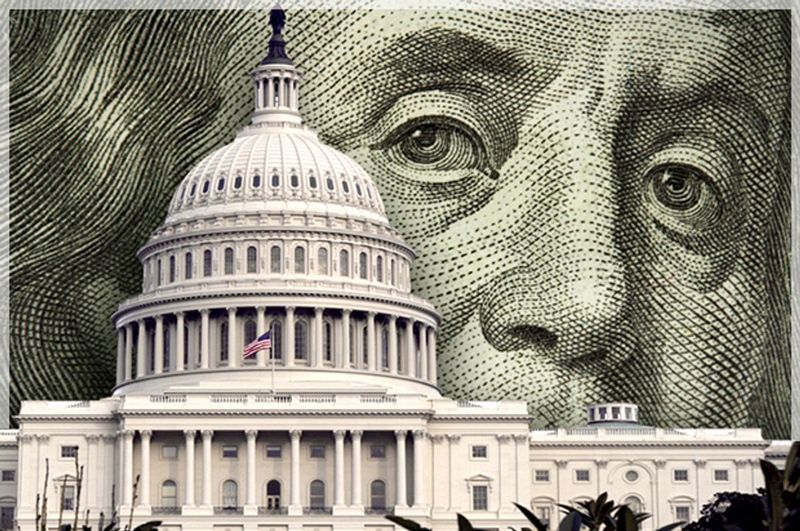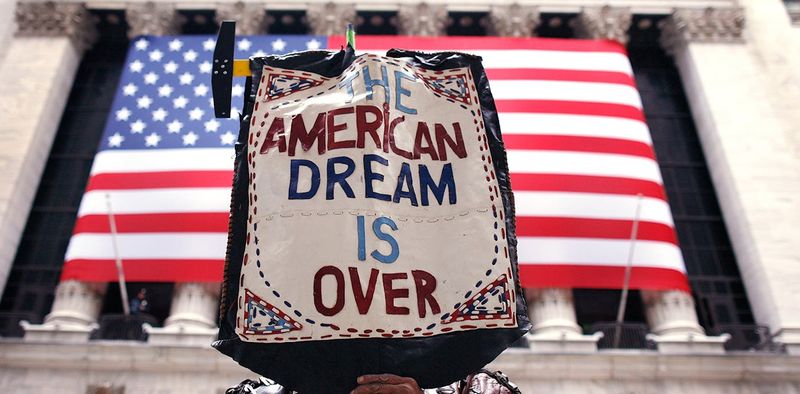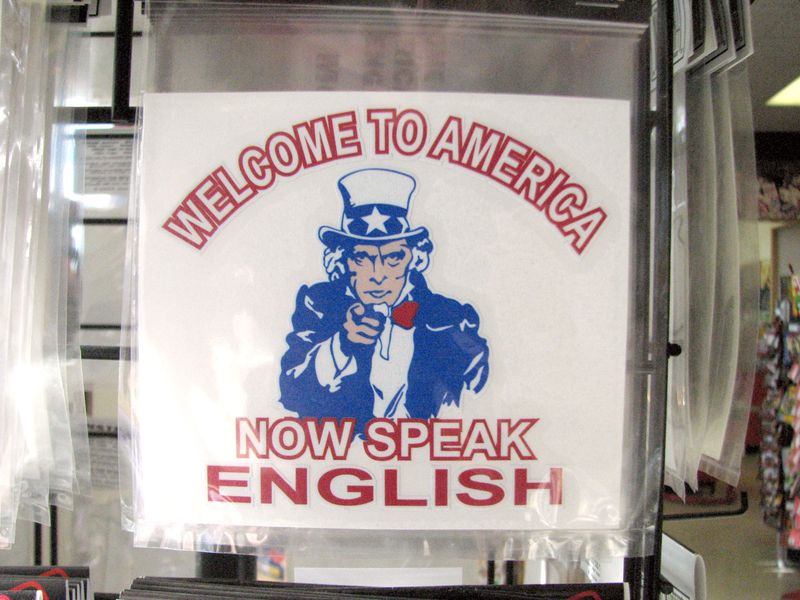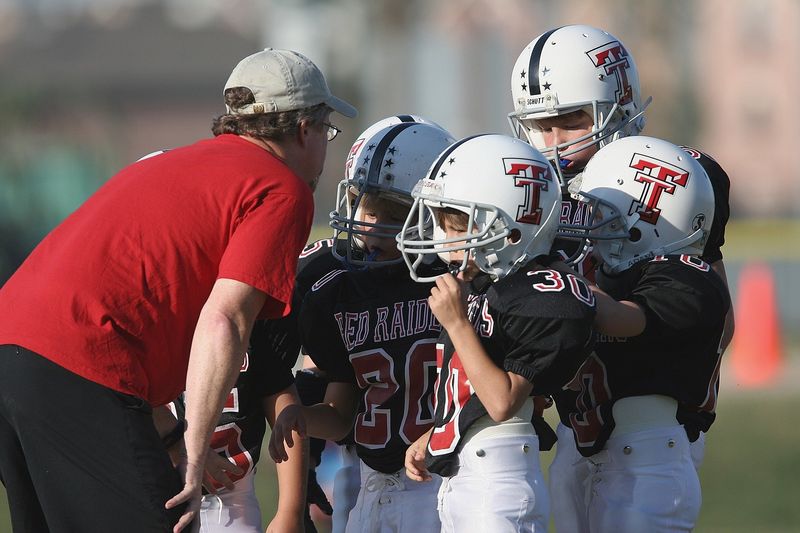Pop culture often paints the United States with broad, misleading strokes that can lead to misunderstandings. These perceptions, while entertaining, are far from the truth. This blog explores 20 such ridiculous myths.
1. Everyone Owns a Gun
The belief that every American owns a gun is widespread but inaccurate. Many households do not have firearms. Some regions have stricter gun laws and lower ownership rates.
While firearm culture is prominent in certain areas, it is not universal across the entire country. The reality is more nuanced, with varying attitudes towards guns.
Understanding these differences requires looking beyond stereotypes. Different states have different laws and cultural attitudes, contributing to this misconception.
2. All Americans are Obese
The stereotype of obesity overlooks the diverse lifestyles across the United States. Many Americans are health-conscious and engage in regular exercise and balanced diets.
The country has a thriving fitness industry, with ample opportunities for leading a healthy lifestyle. Regional differences in cuisine and activity levels also play a role.
Additionally, public health initiatives aim to combat obesity, promoting healthier living. It’s important to recognize the variety in habits and attitudes towards health.
3. Americans are Uncultured
This myth undermines the rich cultural tapestry that defines American society. The U.S. is home to countless museums, theaters, and music venues that celebrate its artistic diversity.
Each state has its own cultural identity, contributing to a larger cultural mosaic. This diversity enriches the American experience, offering a blend of global influences.
From jazz to Hollywood, the U.S. has significantly shaped global culture. These contributions continue to evolve and inspire.
4. Everyone Lives in Huge Houses
The image of sprawling mansions is often exaggerated by pop culture. In reality, housing varies greatly depending on location and economic factors. Many Americans live in apartments or modest homes.
Urban areas often have higher living costs, leading to smaller living spaces. This diversity reflects economic and cultural differences across the country.
Recognizing this variety helps break the stereotype of uniform affluence. Housing is as diverse as the population itself.
5. Americans are All Cowboys
The cowboy image is a romanticized notion that doesn’t fully represent contemporary America. While the Wild West era is a part of American history, it no longer defines the nation.
Most Americans live in urban settings and lead modern lifestyles, far removed from cowboy imagery. This stereotype overlooks the technological and cultural advancements present today.
The cowboy myth persists due to media portrayal, but it doesn’t reflect everyday life for most.
6. Everybody is a Movie Star
The glamour of Hollywood can lead to the belief that everyone in America is a movie star, which is far from reality. The entertainment industry is just a small part of the economy.
Most Americans work in regular jobs and have no connection to the film industry. The celebrity culture, while influential, only represents a minority.
Understanding this distinction is crucial in dispelling the myth that fame is the norm in American life.
7. Every City is Like New York
Pop culture often portrays New York as the quintessential American city, leading to misconceptions. The U.S. consists of diverse cities, each with its own character and lifestyle.
While New York is iconic, it doesn’t represent all American urban experiences. Cities like Austin and Portland offer vastly different vibes and cultures.
Recognizing the variety among U.S. cities helps provide a more accurate picture.
8. All Americans are Wealthy
The notion that wealth is universal in America is misleading. Economic inequality is a significant issue, with many struggling to make ends meet.
While there are affluent areas, there are also communities facing poverty and economic challenges. This disparity is a critical aspect of American life.
Acknowledging these differences is essential in understanding the socioeconomic landscape.
9. Everyone Drives a Fancy Car
The belief that all Americans drive luxurious cars is exaggerated. Many people drive practical, budget-friendly vehicles due to economic and environmental considerations.
Car ownership varies widely based on income, location, and personal preference. Public transportation is also prevalent in many urban areas.
This diversity in transportation reflects the broader economic spectrum of the population.
10. American Schools are Failing
The narrative of failing American schools overlooks numerous success stories. Many institutions provide quality education, fostering innovation and creativity.
There are challenges, but public and private schools strive to offer enriching experiences. Educational reforms aim to address disparities and improve outcomes.
Highlighting positive examples helps counteract the negative stereotypes that persist.
11. All Americans are Patriotic
While patriotism is a valued trait, not all Americans express it the same way. The U.S. is home to diverse beliefs and opinions, leading to varied expressions of national pride.
Some engage in activism or critique government policies, reflecting different perspectives. This plurality is a hallmark of American democracy.
Acknowledging these differences is crucial in understanding the complexities of American identity.
12. Americans are Always Happy
The stereotype of constant happiness overlooks the emotional complexity of individuals. Like anyone, Americans experience a range of emotions and face personal challenges.
Mental health is an important topic, with many seeking support and understanding. Society is increasingly recognizing the need for empathy and dialogue.
Breaking the myth of perpetual happiness allows for a more realistic view of daily life.
13. Everyone Loves Fast Food
The fast-food craze is a well-known part of American culture, but it doesn’t define everyone’s diet. Many people prefer home-cooked meals or healthier options.
The U.S. has a rich culinary diversity, with influences from around the world. Farmers’ markets and organic produce are popular in many regions.
This variety in food choices highlights the complexity of American eating habits.
14. All Americans are Capitalists
The belief that all Americans are staunch capitalists simplifies a complex economic landscape. There are diverse opinions on capitalism, with some advocating for alternative systems.
Many engage in community-based economies or support social enterprises. This diversity reflects ongoing debates about economic models.
Recognizing these differences helps challenge the stereotype of uniform economic beliefs.
15. Americans are Ignorant of World Affairs
The myth of ignorance overlooks the global awareness present in many Americans. With access to widespread information, people are becoming more informed about world events.
Educational institutions emphasize global studies, encouraging a broader understanding. Many actively follow international news and engage in cross-cultural exchanges.
This awareness dispels the stereotype of insularity often associated with Americans.
16. The American Dream is Dead
The notion that the American Dream is dead ignores the aspirations many continue to pursue. People still strive for success, personal growth, and contribution to their communities.
While challenges exist, stories of achievement and resilience abound. These narratives inspire hope and motivate individuals.
Understanding these aspirations helps recognize the ongoing pursuit of the American Dream.
17. Americans Only Speak English
English may be dominant, but the linguistic landscape of the U.S. is diverse. Many Americans are bilingual or multilingual, reflecting the country’s multicultural heritage.
Communities across the nation celebrate linguistic diversity through festivals and education. This richness adds to the cultural fabric of society.
Recognizing these languages challenges the perception of monolingualism.
18. Every American is a Workaholic
The idea that all Americans are workaholics overlooks the importance of leisure and balance. Many cherish time with family, vacations, and personal pursuits.
Work-life balance is a growing priority, with companies adopting policies to support it. People value downtime as much as productivity.
This balance reflects a broader understanding of well-being.
19. Americans are Technologically Dependent
While technology is integrated into daily life, it doesn’t dominate every aspect. Many Americans appreciate unplugged experiences, valuing nature and personal interactions.
Outdoor activities and tech-free spaces are popular, reflecting a desire for balance. These choices challenge the notion of total dependency.
Recognizing these preferences highlights the diversity in lifestyle choices.
20. All Americans Love Football
Football is popular, but it’s not universally loved. Many Americans enjoy a variety of sports, from basketball to soccer and beyond.
Sporting interests vary greatly by region, personal background, and cultural influences. This diversity enriches the American sports scene.
Acknowledging these preferences counters the stereotype of a monolithic sports culture.
